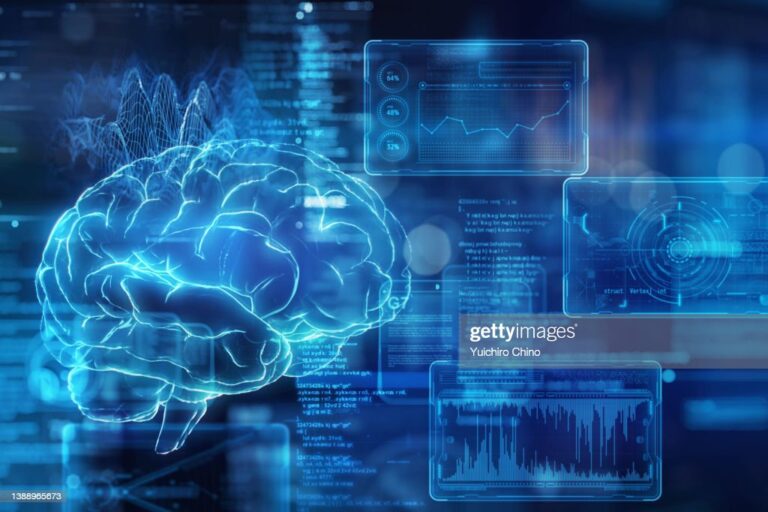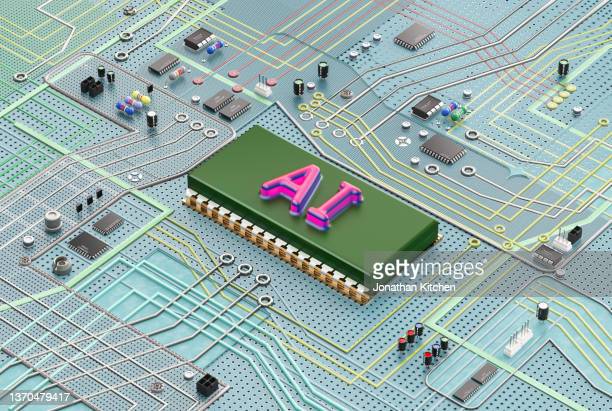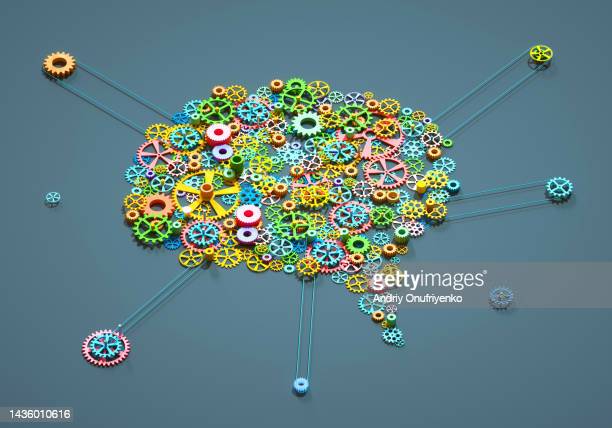
“Artificial Intelligence is not just a technological advancement; it’s a transformative tool that, when guided by ethical principles, has the potential to reshape our world for the better.” 1. Introduction Artificial Intelligence (AI) has rapidly evolved from a futuristic concept…

Adaptive learning is a powerful approach where AI systems dynamically adjust their behavior and learning processes based on individual needs and feedback. It enables personalized and optimized learning experiences, tailoring content, pace, and assessments to match each learner's unique requirements. By continuously adapting and refining, adaptive learning empowers learners to maximize their potential and achieve better outcomes.

"Emergent properties of Artificial Intelligence illuminate the extraordinary: from the harmony of complex algorithms to the serendipitous discoveries hidden within data, unveiling intelligence that transcends its individual components. Like a symphony of innovation, emergent AI orchestrates new realms of possibilities, shaping a future that is both awe-inspiring and full of promise."

AI-driven precision medicine and predictive analytics combine the power of artificial intelligence, machine learning, and genomic data to revolutionize healthcare. By analyzing vast amounts of patient data, identifying biomarkers, and predicting treatment outcomes, these technologies enable personalized interventions, improve diagnoses, and optimize patient care.

"Transfer learning revolutionizes machine learning by enabling models to leverage knowledge from one task to improve performance on another. It saves time, computational resources, and data requirements, opening doors to breakthroughs in various domains, from computer vision to natural language processing."

Federated learning is a distributed machine learning approach that allows models to be trained on decentralized data sources while preserving data privacy. This technique is particularly useful for applications such as IoT and edge computing, where data is generated by a large number of devices in different locations. Federated learning enables real-time decision-making and more efficient data processing, making it an important tool in the era of big data and IoT.

Explainable AI (XAI) is a field of research that seeks to make AI models more transparent and interpretable. By improving the explainability of AI, XAI aims to enhance trust, accountability, and ethical considerations in AI development and deployment. XAI techniques can be applied to a wide range of AI models and applications, including natural language processing, image recognition, and predictive modeling.

The future of work is rapidly evolving with the introduction of new technologies such as AI, blockchain, and robotics. Remote work and the gig economy are becoming increasingly popular, and in-demand skills are shifting towards technical abilities like data analysis and cybersecurity. Soft skills such as communication and adaptability will remain essential, and upskilling will play a crucial role in staying competitive in the job market.

Computer vision is a field of artificial intelligence that focuses on enabling computers to interpret and understand visual data from the world around them. It involves using advanced algorithms and machine learning techniques to analyze and recognize images, videos, and other visual data, with applications in various industries, including healthcare, automotive, and retail.

AI and job automation have revolutionized the workforce, with machines replacing humans in many repetitive or dangerous tasks. While this can lead to increased efficiency and cost savings for businesses, it also poses significant challenges for workers whose jobs are at risk of becoming obsolete. It is important for individuals and society as a whole to adapt to these changes and ensure that people are equipped with the skills necessary to thrive in the new economy.
Topic: Artificial Intelligence While the potential applications of AI are vast and varied, one lesser-known benefit of the technology is its ability to aid in disaster response and relief efforts. AI-powered tools can be used to quickly analyze satellite imagery…
Artificial Intelligence (AI), Machine Learning (ML), Internet of Things (IoT), Robotics, Natural Language Processing (NLP), and Deep Learning are some of the most prominent buzzwords in the field of computer science and technology. Though often used interchangeably, these terms have distinct meanings and applications










